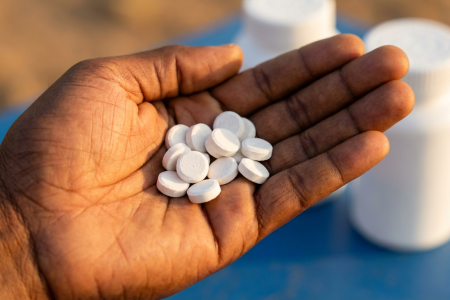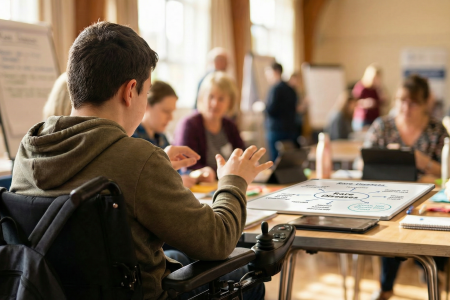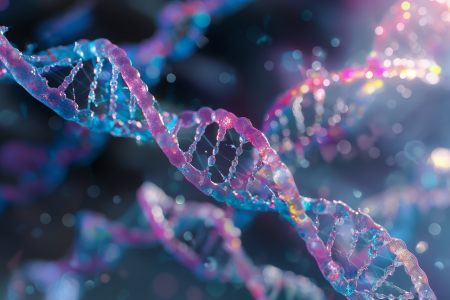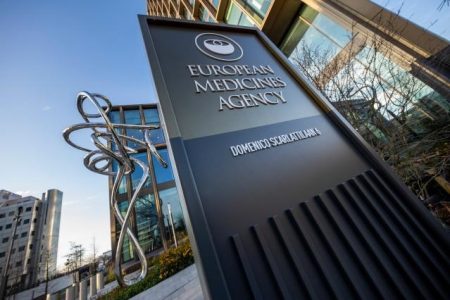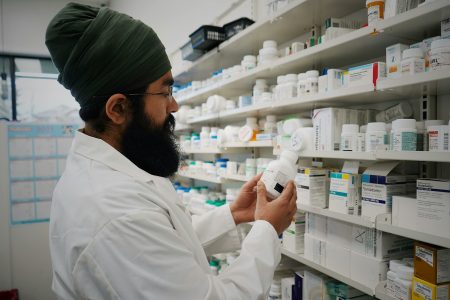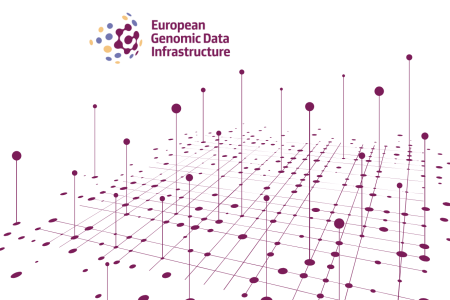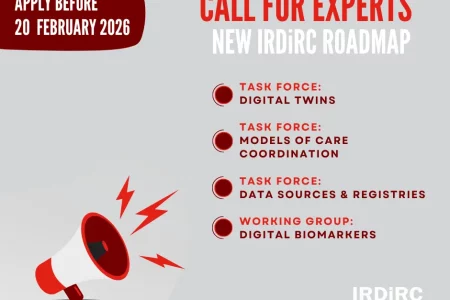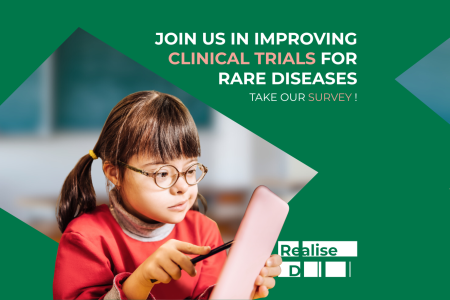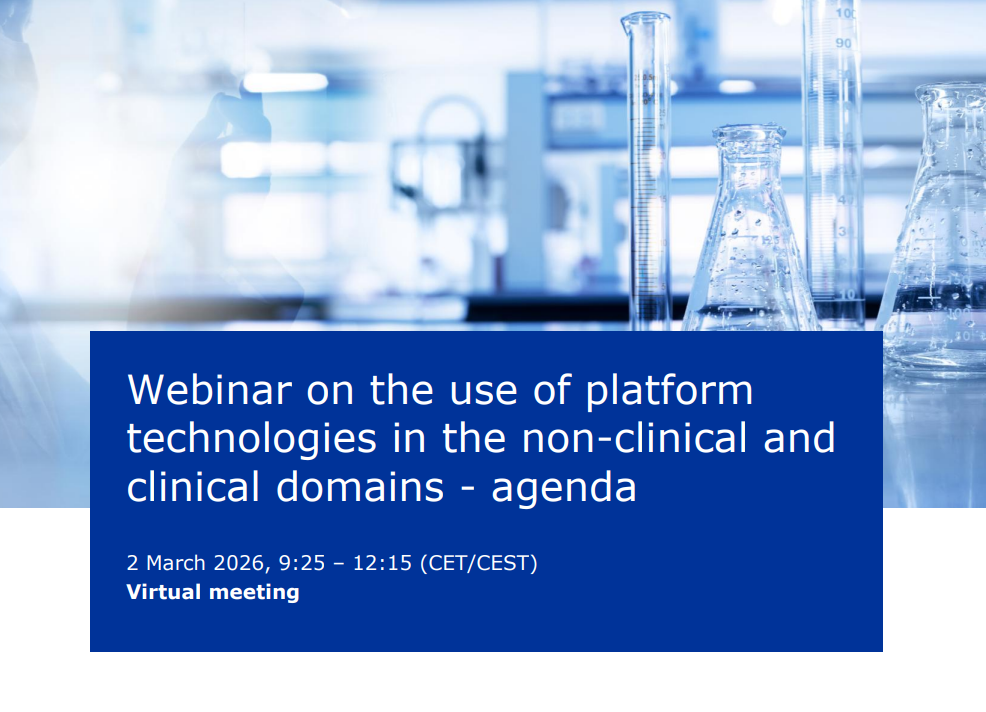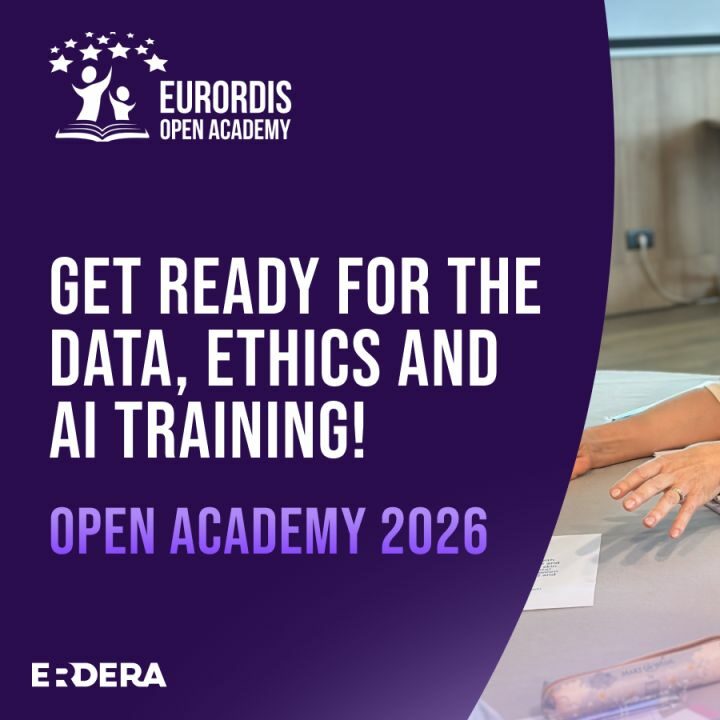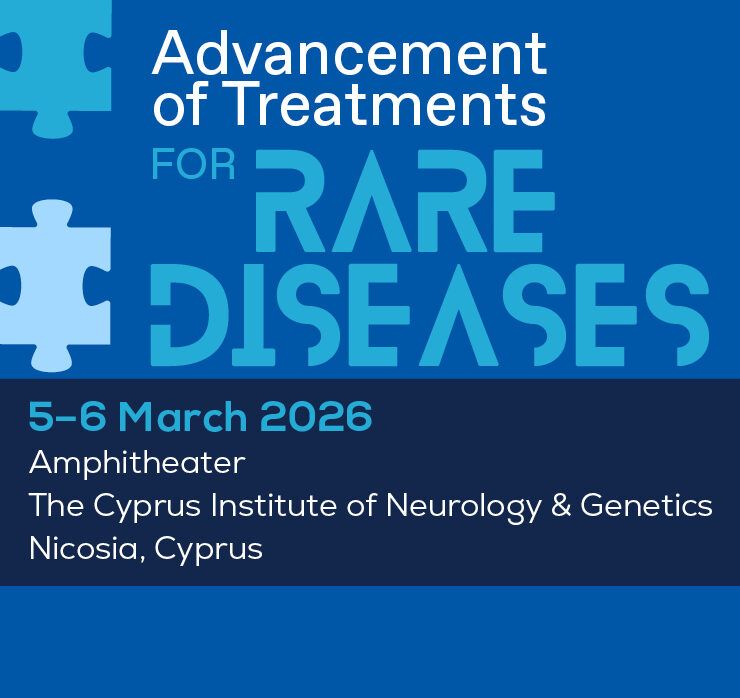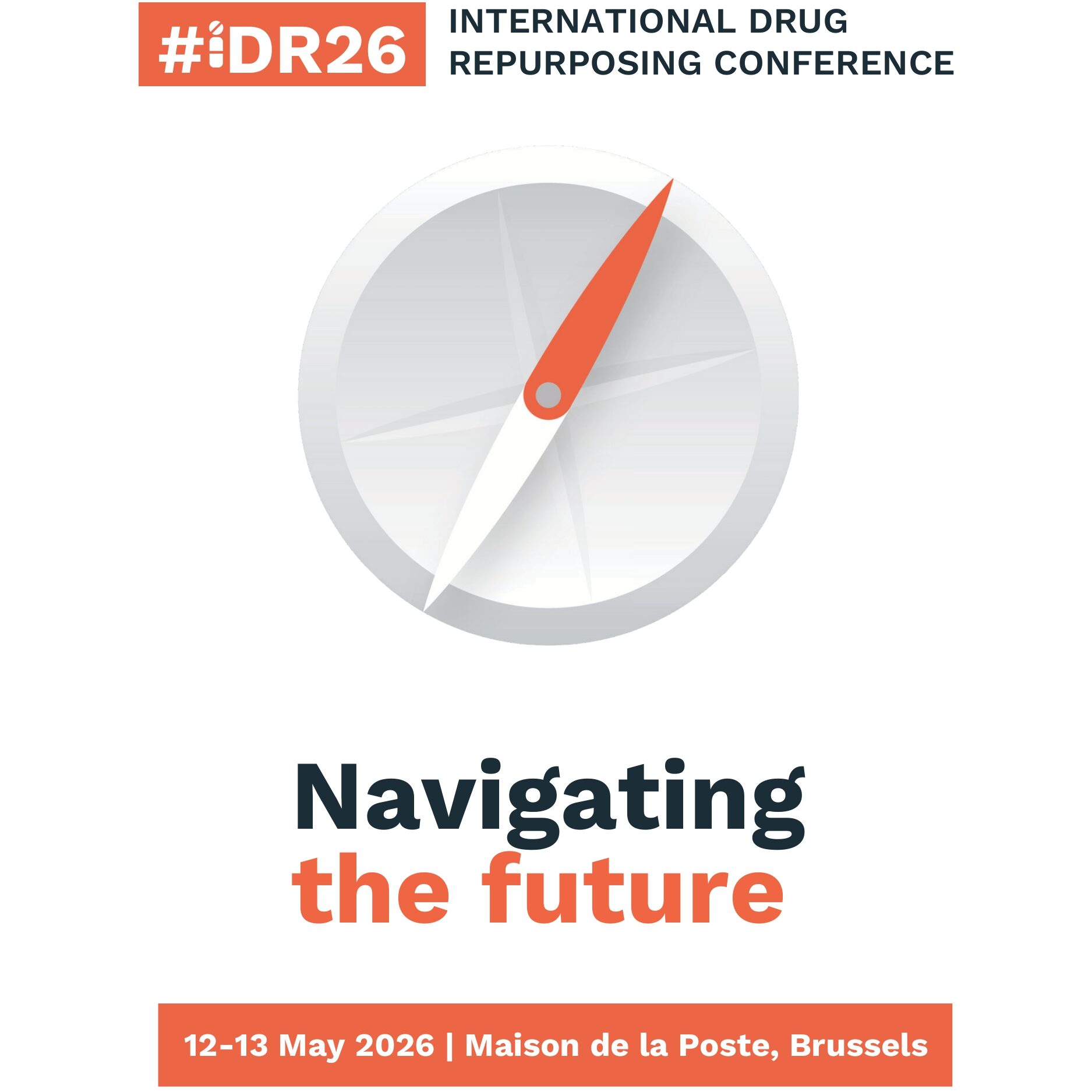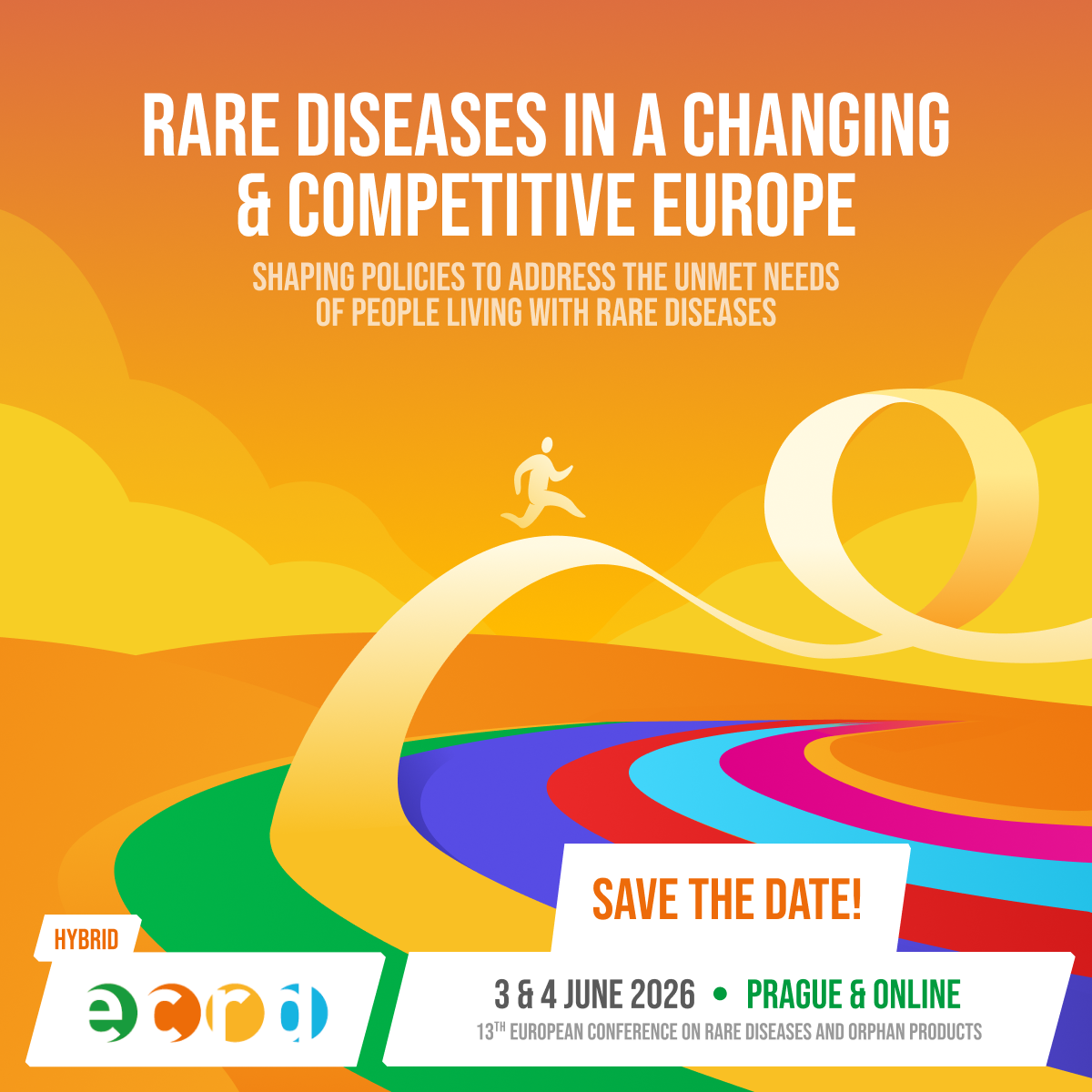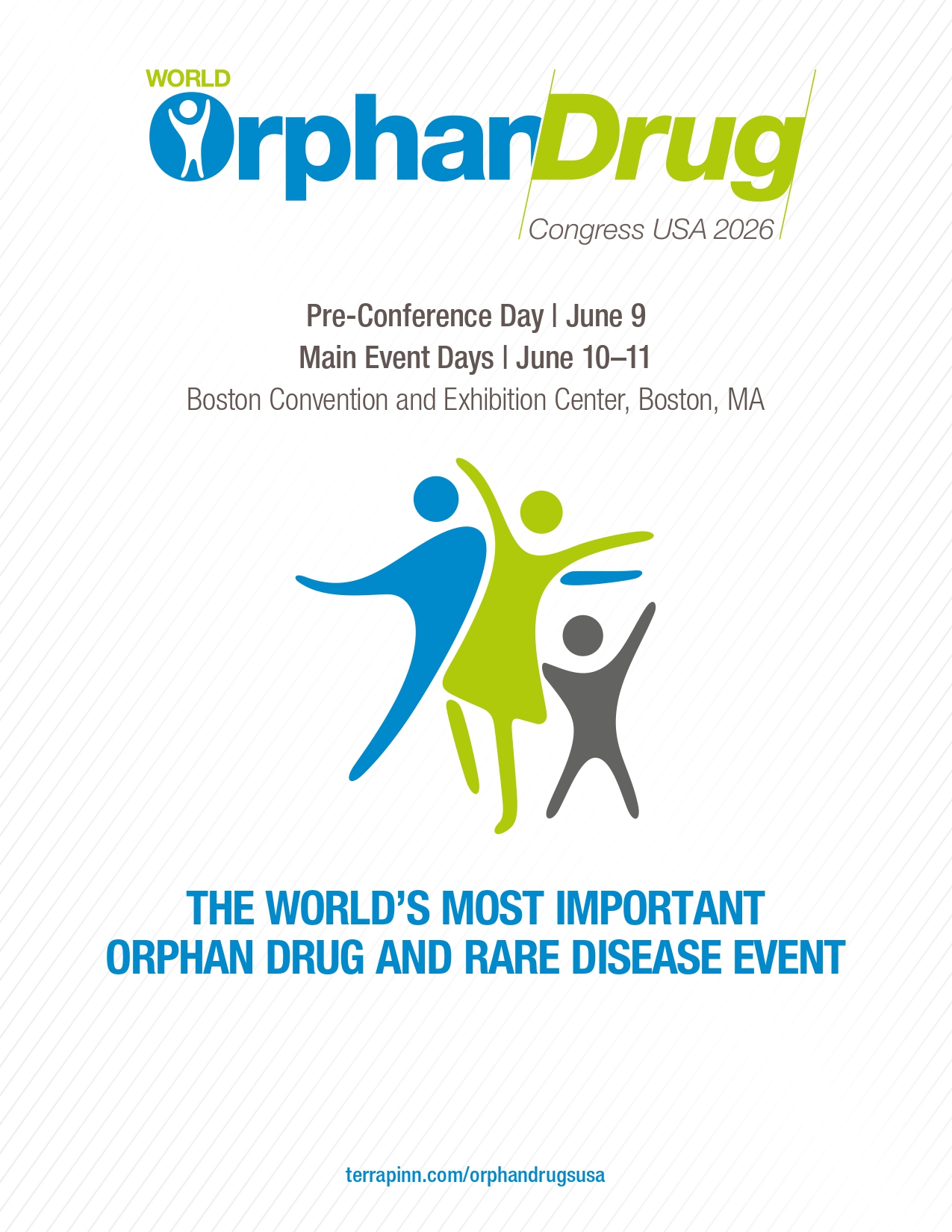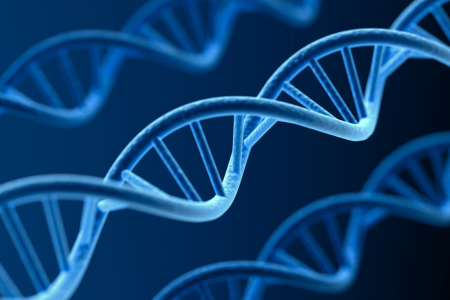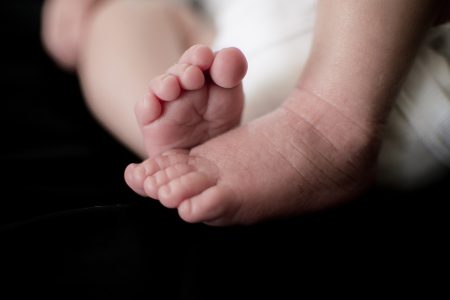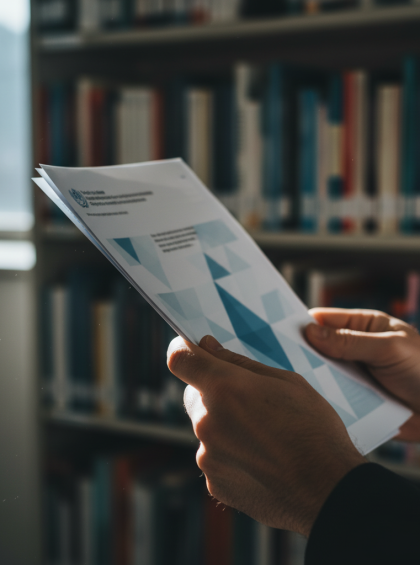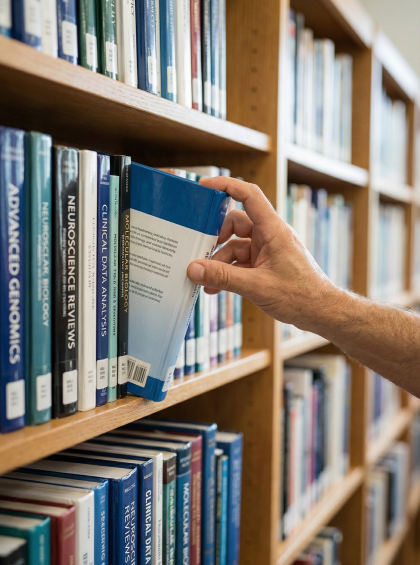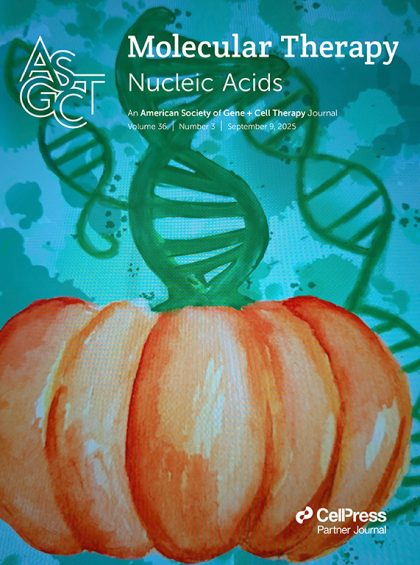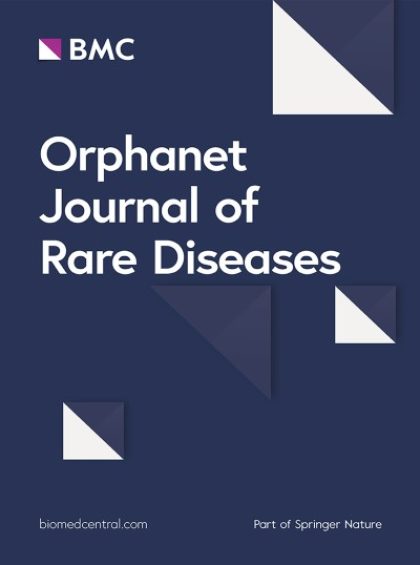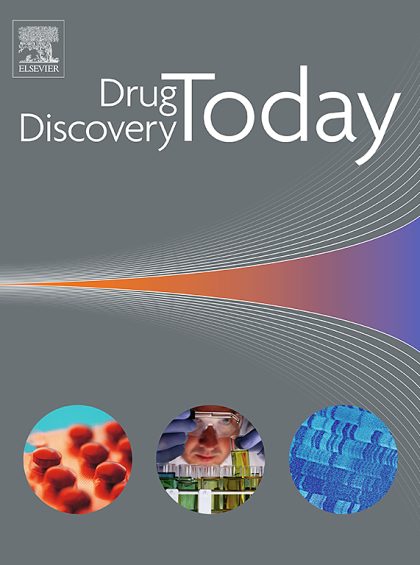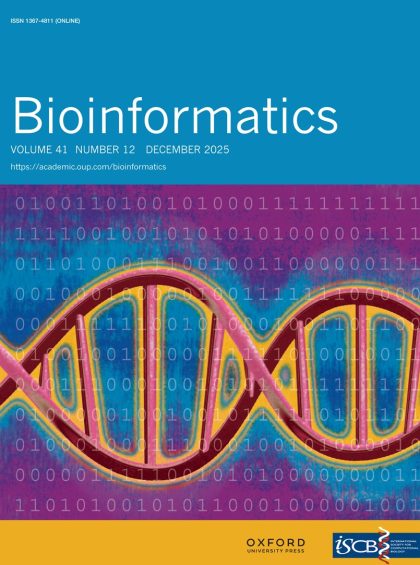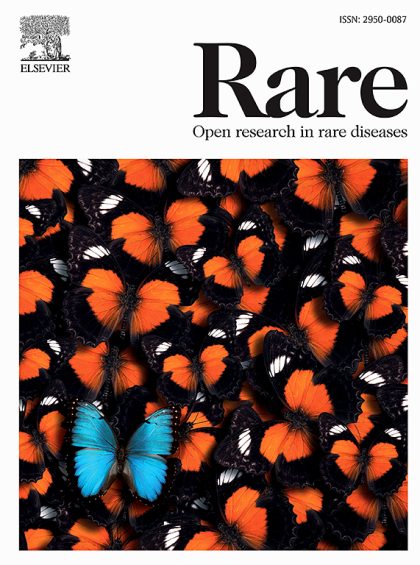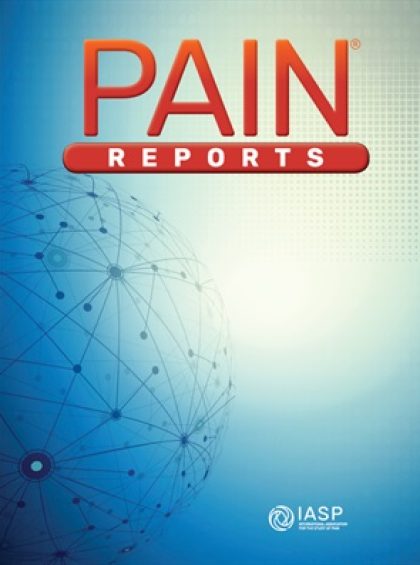News & Updates
Annual awards celebrating outstanding achievements by people living with a rare disease and those making a difference across the rare disease community (patient advocacy, policy, science, care, industry and beyond).
A short webinar to launch a new, friendly guide to Equality, Diversity and Inclusion (EDI) in Public and Patient Involvement (PPI).
The proposal for the EU pharmaceutical legislation introduces the concepts of platform technologies and platform marketing authorisation. The European Medicines Agency organises a webinar bringing together regulators and medicine developers to […]
The training responds to the growing need for patient advocates to understand data management, ethical considerations and the role of AI in rare disease research.
The two-day event will focus on translating research and policy initiatives into tangible benefits for Rare Disease patients through better prevention, diagnosis, and treatment.
Join the leading international drug repurposing conference to explore the future of patient-centric medicines repurposing!
The next ECRD will take place on 3–4 June 2026 in Prague under the title “Rare Diseases in a Changing & Competitive Europe: Shaping policies to address the unmet needs of people living with rare diseases”.
More than 280 speakers from industry, regulators, patient organisations, investors and healthcare providers, and aims to showcase new science, technologies and policies that can accelerate orphan drug development and improve access to therapies for people living with rare conditions.
Victoria Hedley explains the role of National Mirror Groups in the rare disease research ecosystem
Victoria has spent the past 15 years contributing to the development of rare disease (RD) policies and policy‑related outputs, and is a founder and co‑lead of the Newcastle Centre for Rare Disease. Her current work includes leading activities within the European RD Research Alliance (ERDERA) to establish and mobilise National Mirror Groups for rare diseases; serving as co‑lead for the Coordinating Hub of the Rare Disease Research UK platform; and providing Newcastle University leadership for the Work Package on Impact, Regulation, and International Engagement within the LifeArc Centre for Acceleration of Rare Disease Trials.
In this video, Victoria Hedley explains the role of National Mirror Groups in the rare disease research ecosystem.
Shaping the future of rare disease research: insights from ERDERA
In this video, members of the ERDERA partnership reflect on what has been achieved so far, what the initiative represents for the wider rare disease research ecosystem, and the impact it is expected to have in the years ahead.
Hear insights from James Levine, Daria Julkowska, Bojana Mirosavljevic, and Milan Macek as they share their perspectives on collaboration, progress, and the future of rare disease research in Europe and beyond.
How Clinical Research Networks are transforming rare disease research | CRNs conference highlights
The 2nd International Conference on Clinical Research Networks (CRNs) showcased the vital role of CRNs as structured collaborations that unite expert clinical sites, laboratories, patient organisations and other key stakeholders. In this video, hear directly from conference participants as they share insights on how Clinical Research Networks are accelerating prevention, diagnosis, observational studies and clinical trials for rare and groups of rare diseases. Discover how CRNs are helping to shape the future of rare disease research, innovation and patient care worldwide. The conference was organised by ERDERA, Rare Diseases International (RDI) and the International Rare Diseases Research Consortium (IRDiRC). Next edition: December 2027.
ERDERA’s Networking Support Scheme – Ethics Self Assessment Tutorial
Are you preparing a proposal for the Networking Support Scheme?
This tutorial walks you through how to accurately complete the Ethics Self-Assessment Table, adapted from the Horizon Europe template.
Completing Section 9 for any other ethical issues relevant to your proposal. Whether you’re new to the application process or just need a refresher, this step-by-step guide will help ensure you meet the ethical requirements of your submission. Don’t forget to like, share, and subscribe for more guidance on EU funding calls and application processes.
Together4RD x ERDERA: Launch of the Toolkit for Public-Private Partnerships in Rare Disease Research
The #Together4RD Toolkit is a new strategic resource to support effective, transparent, and impactful ERN-industry collaborations in #RareDisease research. Developed with input from both #ERN and industry, the Toolkit offers practical guidance, case studies, and tools to tackle legal, structural, and practical barriers to public-private partnerships.
Rare Disease Community | Tomasz Grybek
🗣 Throughout the week leading to Rare Disease Day 2025, we will be sharing insights from diverse voices highlighting key pathways to improving the lives of those affected. ️
Tomasz Grybek, carer, patient advocate, and Member Board of Directors of EURORDIS – a remarkable alliance of over 1,000 rare disease patient organisations from 74 countries – reminds us of the incredible strength and unity within the rare disease community.
Rare Disease Community | Dorica Dan
🗣 Throughout the week leading to Rare Disease Day 2025, we will be sharing insights from diverse voices highlighting key pathways to improving the lives of those affected. ️
In this video, Dorica Dan, rare disease carer and EURORDIS-Rare Diseases Europe Vice-Director, highlights the profound importance of early diagnosis for people living with a rare disease and their families – even when no treatment is available.
Rare Disease Community | Alexandre Méjat
🗣 Throughout the week leading to Rare Disease Day 2025, we will be sharing insights from diverse voices highlighting key pathways to improving the lives of those affected. ️
In this video, Alexandre Méjat, a rare disease patient, PhD scientist in the field of rare diseases, and EURORDIS Director, shares his invaluable insight on the vital role of data collection in achieving quicker diagnoses.
Our mission | Daria Julkowska, ERDERA Scientific Coordinator
For millions of people, rare diseases are more than just statistics—they are daily challenges, unanswered questions, and battles for better care. At ERDERA, our mission is simple but urgent: to improve the lives of over 30 million people living with rare diseases in Europe. In this video, Daria Julkoska, ERDERA’s Coordinator, explains the three essential ways how ERDERA plans to work towards a brighter future for people living with rare diseases.

